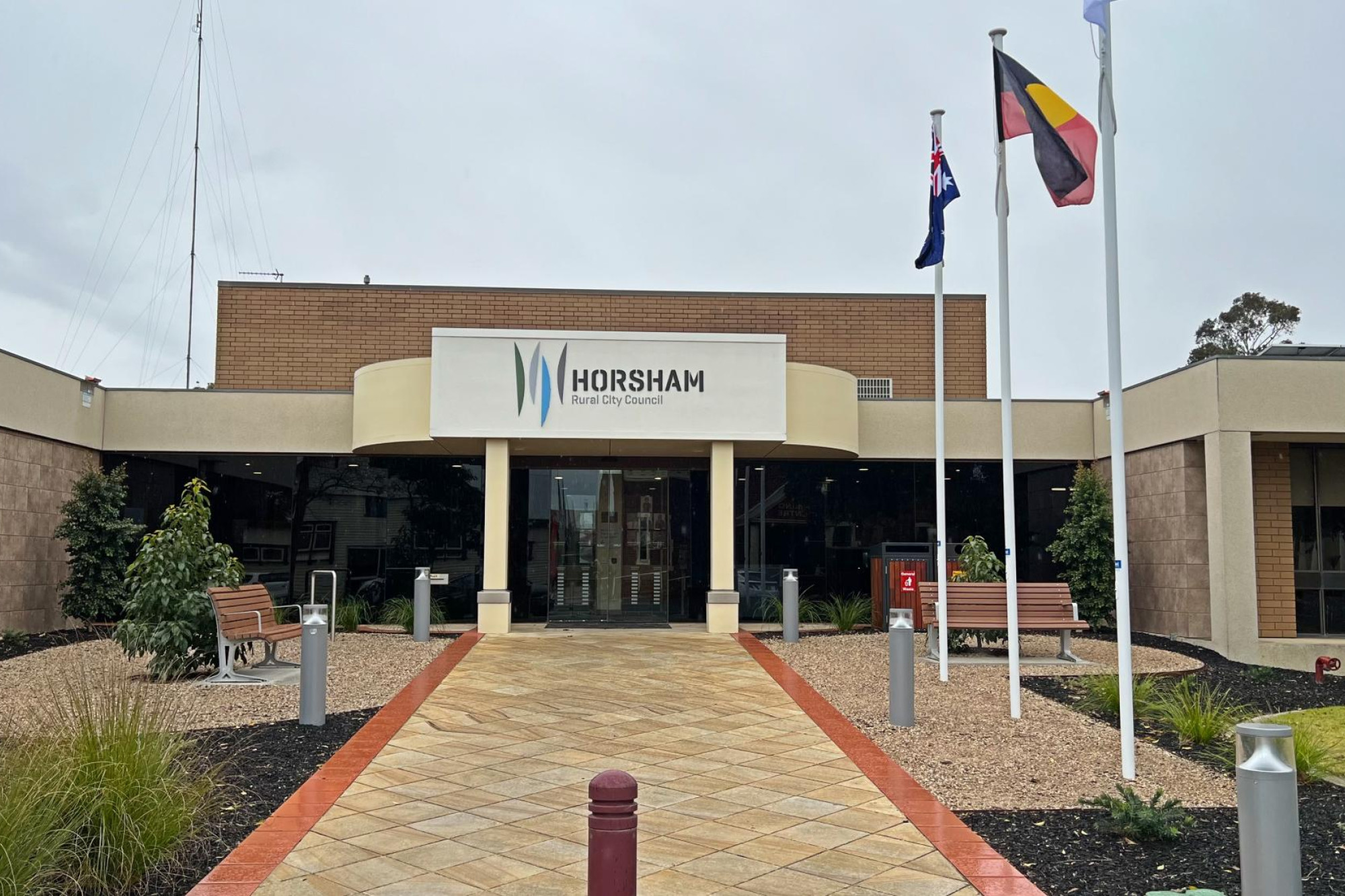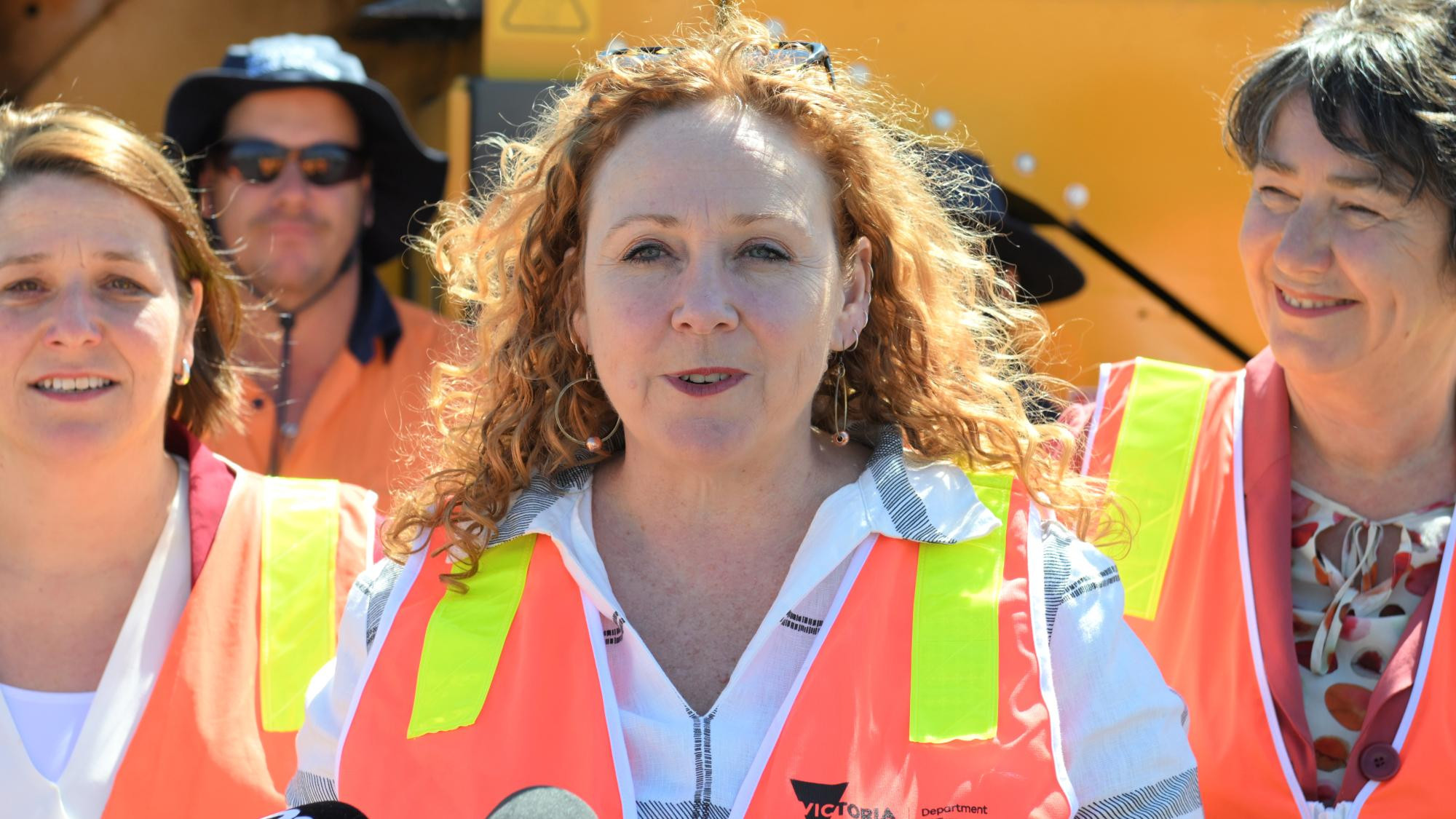Council
15 September, 2024
Beyond roads, rates and rubbish: local government is more than the basics
Taking a deeper look into the role of local government.

In just a few short weeks, residents will be receiving ballot papers asking them to select who they want to represent their community in local government.
These councillors will sit in these roles for four years, making decisions which will help keep their municipality going as well as growing.
But what does a local government do? What are their powers and roles in a municipality?
Wider issues - beyond roads, rates and rubbish
While there are the services the council operate, other aspects of the role have changed over the years.
Under the Local Government Act, "the role of a council is to provide good governance in its municipal district for the benefit and wellbeing of the municipal community".
A council's overarching governance principle includes prioritising the best outcome for their community and continuous improvement.
This is why a council has hundreds of strategies, plans and frameworks around climate change, health, reconciliation, events, transport, parks, economy and more.
What is local government?
Local government takes care of rubbish collection, land planning, community infrastructure and regulatory services like parking and pet control in its local government area (LGA).
There are a total of 79 different LGAs in Victoria.
A council has its elected arm, which are the councillors, deputy mayor and mayor; and an administrative arm, which is headed by the chief executive officer.
The chief executive officer is hired by councillors, and councillors also have the power to remove a CEO.
The council keep the community running, including services like child and maternal care, libraries, the town hall and council-owned roads.
Council can also make and enforce local laws, provided they do not contradict existing state or federal laws.
To fund these public services, the council collects rates from residents.
Other means of funding include grants from the state or federal government, or borrowing money.
What are councillors then?
Councillors are elected every four years by municipality residents.
In Victoria, there are no less than five councillors and no more than 12 for a local government area (LGA).
Councillors vote on items within an agenda, such as planning permits, the annual budget, and governance strategies and frameworks.
In this first year of term, councillors must develop a four-year council plan - which is the guide for a council.
Anything a councillor wishes to achieve during their term must be in this plan and is a requirement under the Local Government Act.
Councillors must consider the diversity of interests and needs of the municipal community.
Compensation
Mayors, deputy mayors and councillors are given a yearly allowance for their role.
The amount is the same for each council depending on their category.
Horsham Rural City Council is the only category two council in the Wimmera, while West Wimmera, Hindmarsh, Yarriambiack, Northern Grampians and Ararat municipalities are category one.
The Horsham mayor's allowance is $109,114, while the other councils leaders receive $84,498.
If the council elects a deputy mayor, their allowance is $54,558 or $42,248, for a category two or one council, respectively.
In Horsham, a single councillor's allowance is $34,028; seven councillors comes to a total of $238,196 per annum.
Including the mayor and deputy mayor allowance - the cost is $401,868.
Paying the councillor's allowances comes out of the council's budget.

Minister for Local Government
Each council does not work in a vacuum - councils work closely with the state government.
The Local Government minister Melissa Horne highlighted the importance of councils.
"Councils play an important role in delivering a number of key services and infrastructure to local communities," she said.
"The next round of council elections will be held in October, providing an opportunity for new leaders to be democratically elected to serve their communities."
The minister oversees the local government system, to ensure good governance, and integrity in line with the Local Government Act 2020.
The minister has the power to appoint independent bodies under the Act to provide advice to councils and report back to the minister on a range of council structural, operational and governance issues.
Official candidate nominations opened on September 9 and close on September 17, with some sitting councillors already announcing they will not be recontesting the election.
Ballots will be sent out and voting starts on October 7 to October 25.
Voting for local government elections is compulsory in Victoria, not voting will result in a fine.
Councils will go into caretaker mode, which means no major financial or strategic decisions can be made, from September 17 until October 26.
Results are declared on November 15.